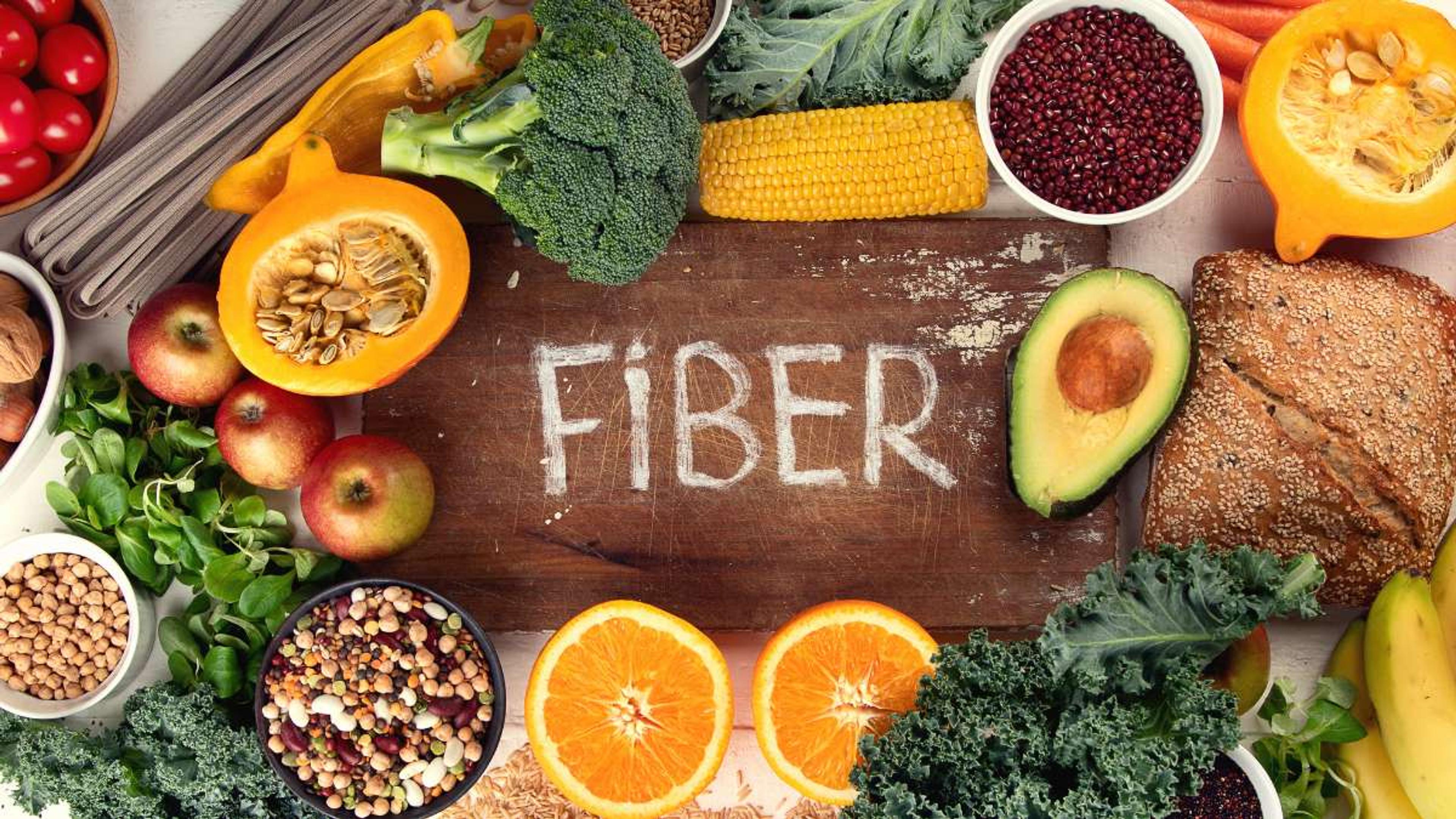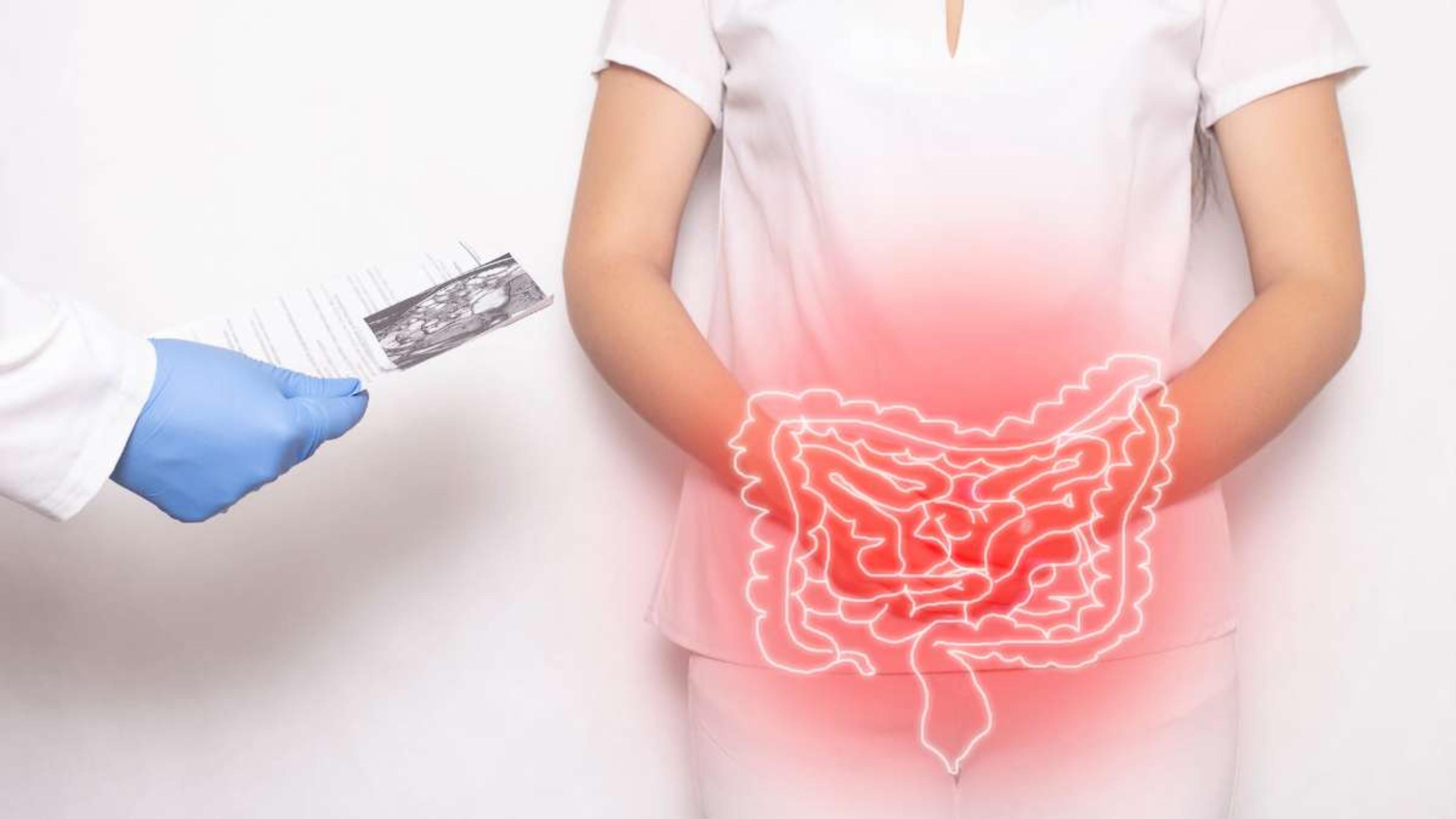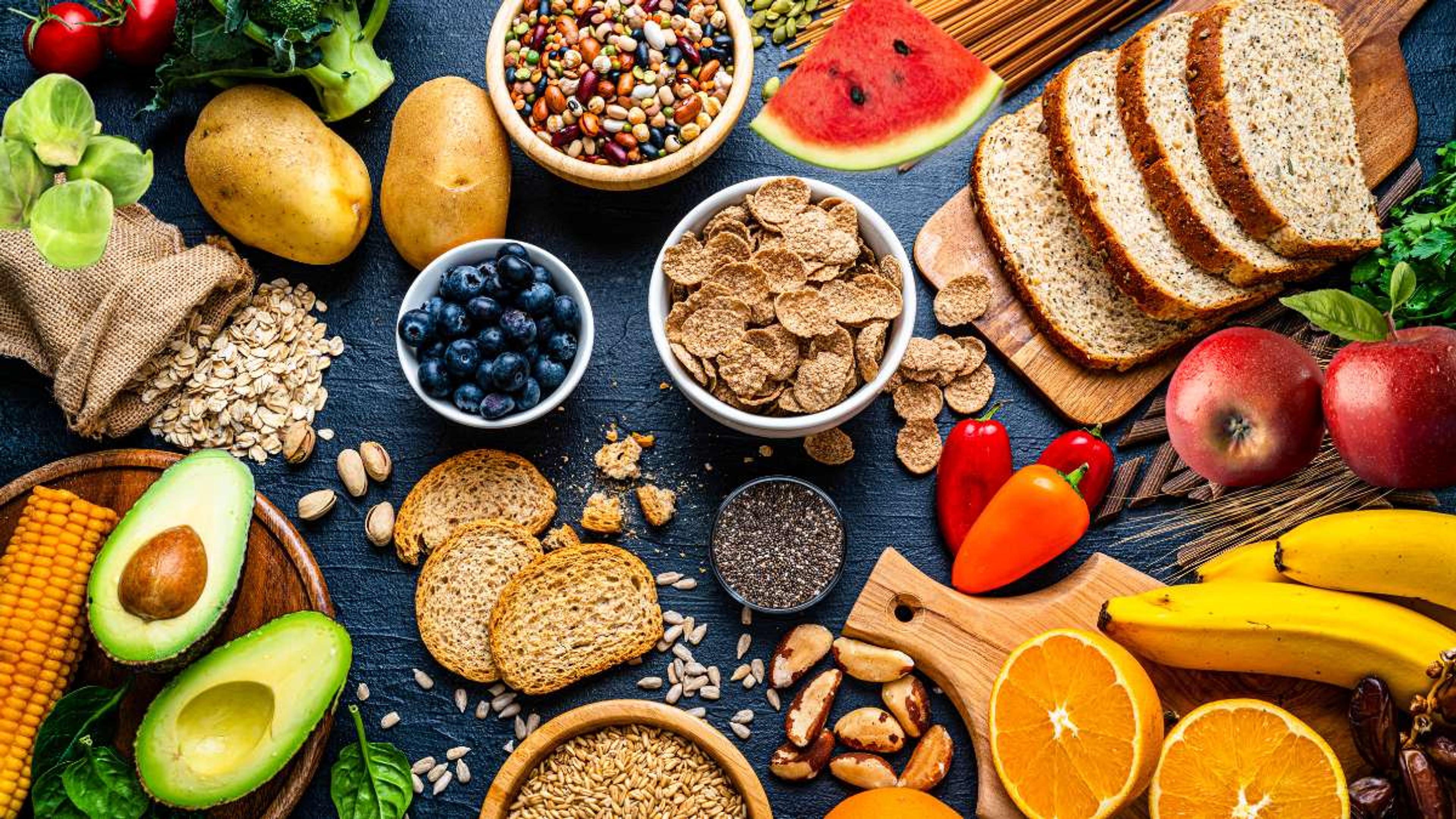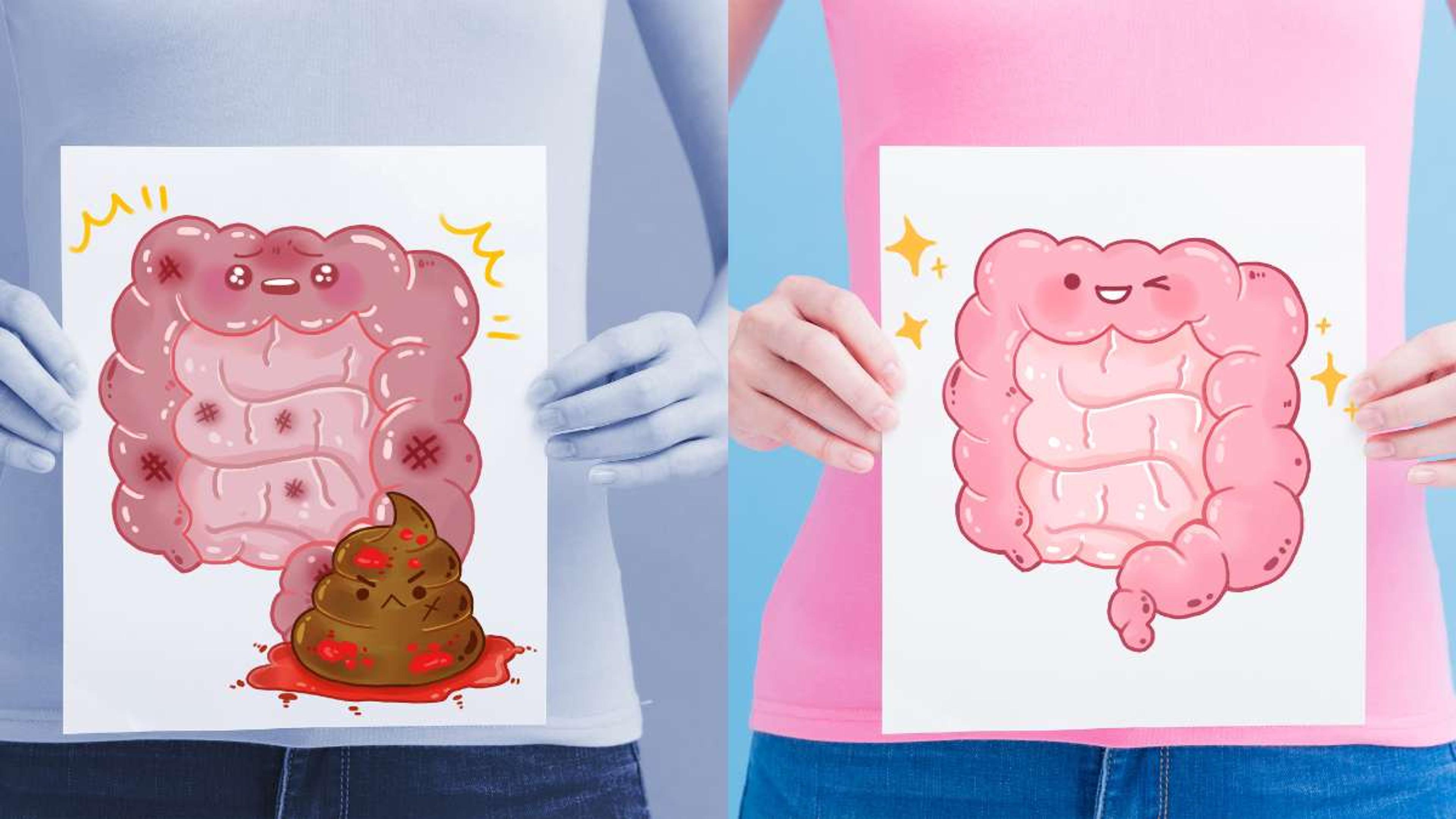Overcoming Vegan Constipation: Essential Tips & Tricks

- Key Takeaways
- What constitutes constipation?
- Signs and symptoms to watch out for
- The Vegan Diet and Bowel Movements
- Common Causes of Constipation
- Vegan Foods to Help Relieve Constipation
- 7 Tips and Remedies for Vegan Constipation
- Conclusion
- FAQs
Are you a vegan struggling with constipation? You're not alone. Many people, including vegans, experience this common digestive issue. But here's the good news: there are effective solutions to help relieve constipation on a vegan diet.
In this article, we will explore the causes of constipation and provide valuable tips and remedies specifically tailored for vegans like you. Say goodbye to uncomfortable bloating and irregular bowel movements – let's dive in!
Key Takeaways
- Vegan diets can sometimes lead to constipation, but there are effective solutions available.
- Fiber is an important part of a vegan diet that helps with digestion and prevents constipation.
- Dehydration, overconsumption of processed foods, certain medications, and other factors can contribute to constipation in vegans.
- Including high-fiber vegan foods, hydrating foods and drinks, specific foods with laxative properties (like tamarinds), and remedies like enemas and probiotics can help relieve constipation on a vegan diet.
What constitutes constipation?
Constipation happens when your bowel movements become less frequent and hard to pass. Typical signs include dry, small stool that is tough to push out. You might also feel bloated or have a belly ache. It is important to maintain a healthy diet with adequate nutrition to prevent constipation.
Some people with heavy constipation go fewer than three times a week to the bathroom.
Signs and symptoms to watch out for
Your body may tell you that you have constipation. You might feel the need to go, but can't. Or, hard stools could cause some pain in your belly or rectum. One sign of this is having fewer bowel movements than usual or less than three bowel movements a week.
Your stool may look like small rocks and be tough to pass out. It is not normal if it hurts when you use the toilet or if there's blood on your toilet paper after wiping. This will lead to severe bloating and make your bottom area sore and uncomfortable.
The Vegan Diet and Bowel Movements
A vegan diet can have varying effects on bowel movements. Learn about the role of fiber in digestion and the common misconceptions surrounding vegans and their fiber intake. Read more to understand how your plant-based diet may be affecting your digestive system.

How a vegan diet typically affects bowel movements
Eating vegan foods changes the way your body works. A plant-based diet is full of fiber. This part of food helps move things along inside you. Many vegans find they go to the toilet more often because veggies, fruits and whole grains keep things moving in your bowels.
It can also make your poop softer thanks to all that fiber! But not all vegan diets are high in fiber, so it's important to eat a mix of whole foods for good gut health. Vegan or not, most people have bowel movements that fall within normal ranges.
The role of fiber in a vegan diet and its impact on digestion
Fiber is a key part of a vegan diet. It comes from plant foods like veggies, fruits, whole grains and beans. Fiber does not break down in your body. Instead, it moves through your system and helps to push food out.
This makes going to the bathroom easier and stops you from getting constipated. Eating fiber can also make your stools softer and larger so they are easier to pass. So if you eat lots of plant foods as a vegan, fiber will help keep your digestion on track!
The misconception that all vegans consume high amounts of fiber
There is a common misconception that all vegans consume high amounts of fiber. However, this is not necessarily true. While it's true that a vegan diet can be rich in fiber due to the inclusion of whole plant-based foods like fruits, vegetables, legumes, and whole grains, it ultimately depends on an individual's food choices.
Some vegans may rely more on processed and junk foods which are low in fiber. It's important for vegans to prioritize incorporating whole plant-based foods into their diet to meet or exceed the recommended fiber intake and consult with a healthcare professional if they have concerns about their fiber intake.
Common Causes of Constipation
Inadequate fiber intake, dehydration, overconsumption of certain foods, medications and their side effects, and other factors can all contribute to constipation.

Inadequate fiber intake
Not getting enough fiber can lead to constipation. Fiber helps add bulk to your stool and keeps things moving smoothly through your digestive system. When you don't have enough insoluble and soluble fiber in your diet, it can be harder for waste to pass through your intestines, causing constipation.
Research suggests that a low or lacking fiber diet is one of the primary culprits for constipation. It's important to make sure you're getting enough fiber from fruits, vegetables, whole grains, and legumes to promote regular bowel movements and prevent constipation as plant-based eaters.
Dehydration
Dehydration is a leading cause of chronic constipation. When we don't drink enough fluids, our bodies struggle to maintain proper hydration levels. This can make our stool hard and difficult to pass, leading to constipation.
Additionally, reduced physical activity and inadequate fluid intake can contribute to dehydration and worsen constipation symptoms. It's important to drink enough water throughout the day to stay properly hydrated and prevent constipation.
Proper hydration is crucial for maintaining healthy bowel movements.
Overconsumption of certain foods
Eating too much of certain foods can actually make constipation worse, even for vegans. It's important to be mindful of how much processed vegan junk food you're consuming, as it can contribute to constipation.
Ultra-processed vegan foods have been linked to negative health consequences and can lead to digestive issues like constipation. Additionally, consuming excessive amounts of fiber, especially insoluble fiber found in some plant-based foods, can cause bloating, gas, and constipation.
So it's crucial to strike a balance and avoid overconsuming these types of foods for optimal constipation relief on a vegan diet.
Medications and their side effects
Many medications can cause constipation as a side effect. Some common culprits include certain antidepressants, painkillers like opioids, and blood pressure medications called calcium-channel blockers.
These drugs can slow down the movement of your intestines, making it harder for stool to pass through. For example, opioids are notorious for causing constipation because they bind to receptors in the gut and disrupt normal bowel function.
It's important to talk to your doctor if you're experiencing constipation while taking medication so they can explore alternative options or suggest ways to manage this side effect effectively.
Magnesium oxide is one potential treatment for opioid-induced constipation. This over-the-counter supplement helps soften the stool and stimulates bowel movements by attracting water into the intestines.
Other factors
In addition to dietary factors, there are other factors that can contribute to constipation. These include lifestyle habits like stress and certain medical conditions. Stress can affect the normal functioning of the digestive system, leading to constipation.
Medical conditions such as irritable bowel syndrome (IBS) or inflammatory bowel disease (IBD) can also cause constipation. It's important to address these factors alongside dietary changes for effective relief from constipation.
Vegan Foods to Help Relieve Constipation
Include high-fiber vegan foods, hydrating foods and drinks, specific foods with laxative properties like tamarinds, and remedies for quick constipation relief.

High-fiber vegan foods
A vegan diet can be rich in high-fiber foods that help promote healthy bowel movements and relieve constipation. Whole grains like oats, quinoa, and brown rice are excellent sources of fiber.
Legumes such as lentils, chickpeas, and black beans are also packed with fiber. Fruits and vegetables like berries, apples, broccoli, and Brussels sprouts provide both soluble and insoluble fiber.
Chia seeds and flaxseeds are great additions to a vegan diet as they contain high amounts of fiber. Including these high-fiber plant-based foods in your meals can support regular bowel movements and alleviate constipation symptoms.
Hydrating foods and drinks
Staying hydrated is important for maintaining regular bowel movements and preventing constipation. In addition to drinking plenty of water, there are also hydrating foods and drinks that can help keep your digestive system running smoothly.
Cucumbers, watermelons, and strawberries are all high in water content and can provide hydration while also providing essential nutrients. Coconut water is another great option as it contains electrolytes that can help maintain fluid balance in the body.
Including these hydrating foods and drinks in your vegan diet can help prevent dehydration and promote healthy digestion.
It's important to note that while hydrating foods and drinks can be beneficial for relieving constipation, they should not be relied upon as a sole treatment for chronic or persistent constipation.
Specific foods with laxative properties (Tamarinds, etc.)
Tamarinds are fruits that have been traditionally used to relieve constipation. The Wolof people of Senegal, for example, have long utilized tamarinds to create remedies for constipation.
These fruits contain dietary fiber and have a natural laxative effect on the digestive system. In addition to tamarind, olive oil and flaxseed oil can also help ease the flow of materials through the intestines due to their mild laxative properties.
So incorporating these foods into your vegan diet may provide relief from constipation.
Remedies for Quick Constipation Relief
To find quick relief from constipation, there are several remedies that vegans can try.
Enemas, which involve flushing the colon with water or other solutions, can help to stimulate bowel movements. It is a procedure that involves introducing liquid into the rectum and colon to stimulate bowel movements to relieve constipation. It can be done at home using over-the-counter kits or administered by healthcare professionals. The liquid used for an enema can vary, but it usually consists of water mixed with a mild saline solution to soften the stool, lubricate the intestines, and promote bowel movements for quick relief.
Another option is Japanese Sencha tea, known for its laxative effects. Using a Squatty Potty while sitting on the toilet can also make it easier to pass stools by positioning the body in a more natural squatting position.
Additionally, incorporating gut-healthy foods like kombucha, sauerkraut, and kimchi into your diet can promote healthy digestion and relieve constipation. Lastly but importantly, prunes are a popular natural laxative for vegans due to their high fiber content.
7 Tips and Remedies for Vegan Constipation
Here are seven tips and remedies to help relieve constipation on a vegan diet and can truly make a difference in your bowel movements.
Don't let constipation get in the way of your vegan journey - find out how to keep things moving smoothly!

1. Importance of a Balanced Diet and staying Hydrated
Staying hydrated and maintaining a balanced diet are essential for preventing constipation in vegans. Drinking enough water helps soften the stool, making it easier to pass. It is recommended to drink at least 8 cups of water or other hydrating fluids every day.
Along with hydration, a balanced vegan diet provides all the necessary nutrients for healthy bowel movements. This includes consuming enough protein, calcium, and key vitamins like vitamin D.
A well-balanced vegan diet also consists of high-fiber foods such as fruits, vegetables, whole grains, legumes, and nuts which can promote regularity and prevent constipation. By staying hydrated and eating a balanced vegan diet rich in fiber and nutrients, you can support your digestive system and maintain regular bowel movements.
2. Importance of Physical Activity and Exercise
Physical activity and exercise play a crucial role in relieving constipation. Lack of exercise is one of the causes of constipation, according to Johns Hopkins. Engaging in regular physical activities helps stimulate bowel movements and promotes healthy digestion.
Research suggests that a low-calorie diet combined with exercise can alleviate constipation in middle-aged obese women. Exercise not only aids in relieving constipation but can also have immediate effects by helping to empty the bowels, especially when done in the morning.
So, incorporating physical activity into your daily routine is essential for maintaining regular bowel movements and preventing constipation.
3. Establish a regular bathroom routine and try Squatty Potty
Establishing a regular bathroom routine can provide relief for vegan constipation. Training your body to have a daily bowel movement can help prevent and alleviate constipation symptoms.
Additionally, trying the Squatty Potty can also be beneficial. The Squatty Potty is designed to promote a more natural squatting position while on the toilet, which aligns the colon for easier elimination.
Many people find that using a Squatty Potty helps them have smoother bowel movements and reduces straining. It's worth giving it a try if you're experiencing vegan constipation.
4. Practice relaxation techniques such as deep breathing or yoga
Practicing relaxation techniques like deep breathing or yoga can help relieve vegan constipation. Yoga poses and pranayama exercises are especially beneficial for gut health and can help cure constipation.
Mindfulness meditation has been shown to help relieve symptoms of chronic constipation.
5. Use natural laxatives or herbal remedies if necessary
Natural laxatives or herbal remedies can be helpful for vegans experiencing constipation. Prunes, for example, are a popular choice due to their natural laxative properties. Other options include slippery elm bark and mucilaginous herbs, which have gentle laxative effects.
Additionally, incorporating fiber-rich foods like chia seeds, flaxseeds, leafy green veggies, and psyllium husk into the diet can promote regularity. It's important to note that some natural laxatives work faster than others, such as milk of magnesia and Epsom salt.
Ultimately, finding the right natural remedy may require some trial and error based on individual preferences and needs.
6. Consider incorporating probiotics or fermented foods
Consider adding probiotics or fermented foods to your vegan diet to help relieve constipation. Probiotics are beneficial bacteria that can promote healthy digestion, and fermented foods like sauerkraut, kimchi, pickled vegetables, and kefir are rich sources of these helpful bacteria.
Incorporating these foods into your meals can aid in regulating bowel movements and alleviating constipation symptoms. Adding coconut yogurt or fermented vegetables to your diet is also a great way to introduce probiotics as part of a vegan lifestyle.
7. Monitor and adjust your diet to identify potential triggers
To alleviate constipation on a vegan diet, it's important to monitor and adjust your diet to identify potential triggers. By paying attention to what you eat and how it affects your digestion, you can figure out which foods may be causing constipation for you personally.
This is especially important if you have any known food intolerances or sensitivities. Experiment with different foods and make note of any changes in your bowel movements. Keep in mind that everyone's body is unique, so what works for one person may not work for another.
Stay open-minded and willing to make adjustments until you find the right balance of foods that promote regularity for you.
Conclusion
In conclusion, constipation can be relieved through a vegan diet and lifestyle. By incorporating high-fiber foods, staying hydrated, and practicing regular bathroom routines, vegans can find relief from constipation.
It's important to listen to your body and make adjustments as needed while maintaining a balanced vegan diet for optimal digestive health.
FAQs
1. Can a vegan diet cause constipation?
A vegan diet can sometimes lack enough fiber, which may lead to constipation if not balanced with high-fiber plant foods like fruits, vegetables, whole grains, and legumes.
2. What are some natural remedies for constipation relief on a vegan diet?
Some natural remedies for constipation relief on a vegan diet include increasing fiber intake through fruits, vegetables, and whole grains; drinking plenty of water; and staying physically active.
3. Are there any vegan-friendly supplements that can help with constipation?
Yes, certain supplements like psyllium husk or flaxseed powder can provide added fiber to support regular bowel movements on a vegan diet. Consult with a healthcare professional for appropriate dosages.
4. How long does it take for dietary changes to relieve constipation in vegans?
The time it takes for dietary changes to relieve constipation in vegans varies from person to person. It's important to be consistent with healthy eating habits and give the body time to adjust before expecting significant improvements.

